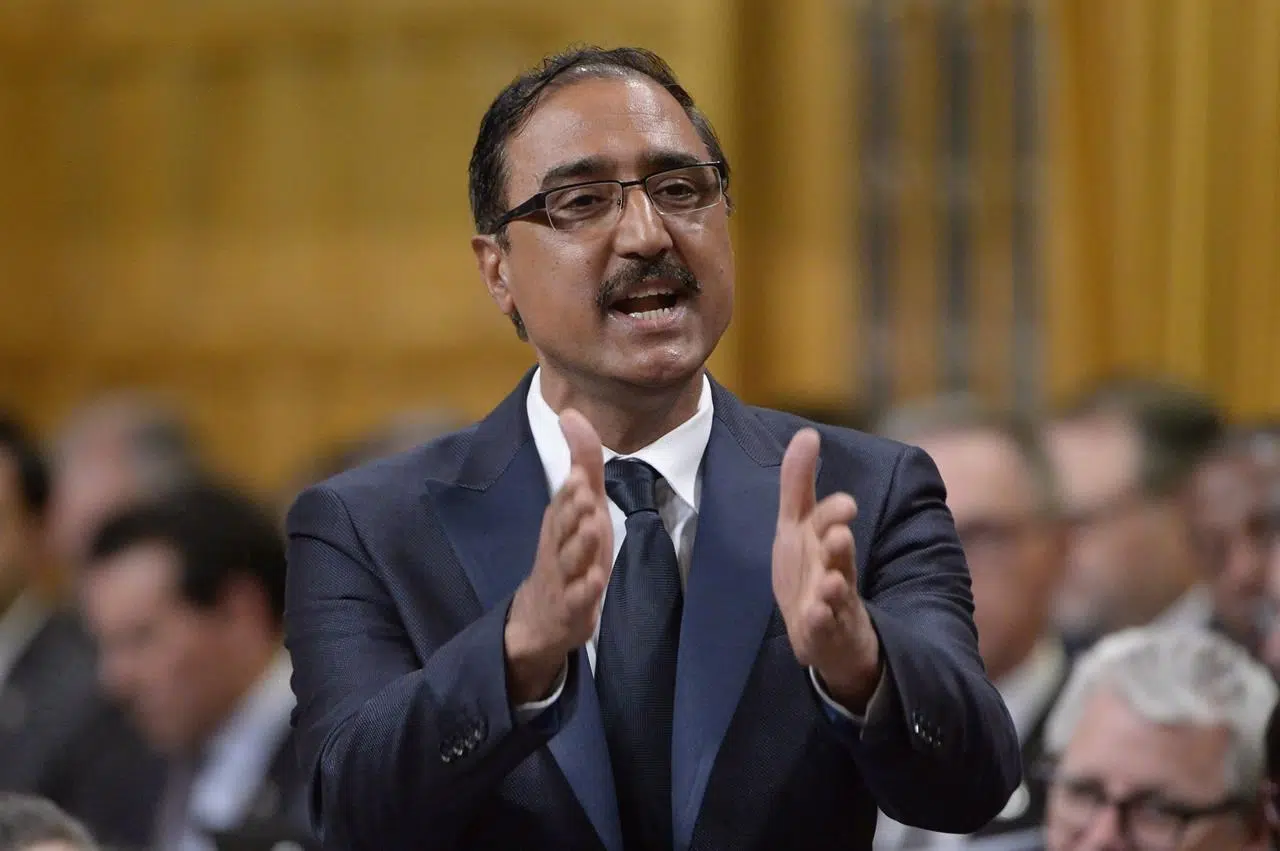
Feds give Ontario $11.8B in decade-long infrastructure deal
OTTAWA — The federal government is giving Ontario a financial break in a new funding deal to help pay for new transit and water systems over the next decade in a sign of compromise that may be extended to other provinces looking for new federal infrastructure cash.
The deal announced Wednesday amounts to almost $22 billion in spending between the two levels of government, with the federal portion through to 2028 valued at $11.8 billion.
The provincial government will kick in a further $10 billion over the same time period, roughly one-third of project costs, short of the 40 per cent to match federal spending that cities had hoped for to ease their fiscal burden.
Infrastructure Minister Amarjeet Sohi said the cost-sharing agreement isn’t exactly what big city mayors requested last month, but it recognizes that provinces build other infrastructure that doesn’t receive matching federal funding.


